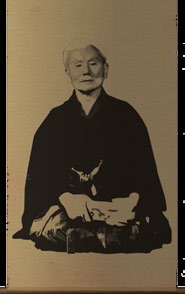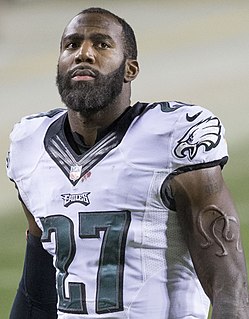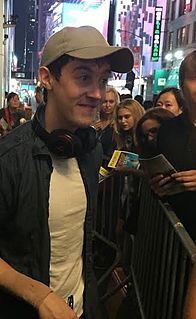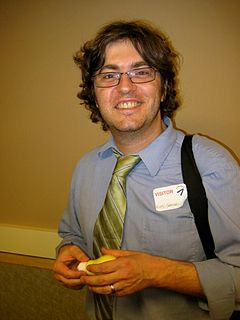A Quote by James Forman, Jr.
Actually creating a positive school climate, particularly in schools that are in communities that are themselves not calm and orderly, is hard work.
Related Quotes
There is no place in contemporary Karate-do for different schools. Some instructors, I know, claim to have invented new and unusual kata, and so they arrogate to themselves the right to be called founders of "schools". Indeed, I have heard myself and my colleagues referred to as the Shoto-kan school, but I strongly object to this attempt at classification. My belief is that all these "schools" should be amalgamated into one so that Karate-do may pursue and orderly and useful progress into man's future.
There's a small movement of teacher-led schools across the country. These are schools that don't have a traditional principal, teachers come together and actually run the school themselves. That's kind of the most radical way, but I think something that's more doable across the board is just creating career ladders for teachers that allow certain teachers after a certain number of years to inhabit new roles. Roles mentoring their peers, helping train novice teachers to be better at their jobs, roles writing the curriculum, leading on lesson planning.
Parents who've not had an education themselves find it hard to explain to their children what a decent education involves, and I completely understand that. Parents themselves need to be educated by schools about what sort of education they should expect for their children. I do think there's a heavy responsibility of the school.
I did one year of school and I was doing correspondence school, which was actually another happy accident. Correspondence school is basically home school, but you teach yourself instead of your parents teaching you. I found that to be one of the most important things in my life is that I learned how to teach myself things. I feel like that's something that schools should actually teach.
I don't know if you've been in any inner-city schools, but it's pretty demoralizing. The kids come to class bright-eyed, enthusiastic - entering first grade really looking forward to school. By the fourth grade they're just completely turned off, and by the time they enter high school, they see little relationship between school and employment. It's bad enough you have incompetent teachers and schools that are poorly run, understaffed, and lack material resources. It's even worse when the kids themselves don't feel they have any stake in school.
Designing Online Communities is a must-have for anyone designing or researching online communities, particularly for learning. Owens' work is both comprehensive and eminently readable, a sweeping look at the technologies, design patterns, and cultural forms they produce that is both theoretically ambitious and grounded in examples and tools that will help you develop, research, and manage online communities.




































